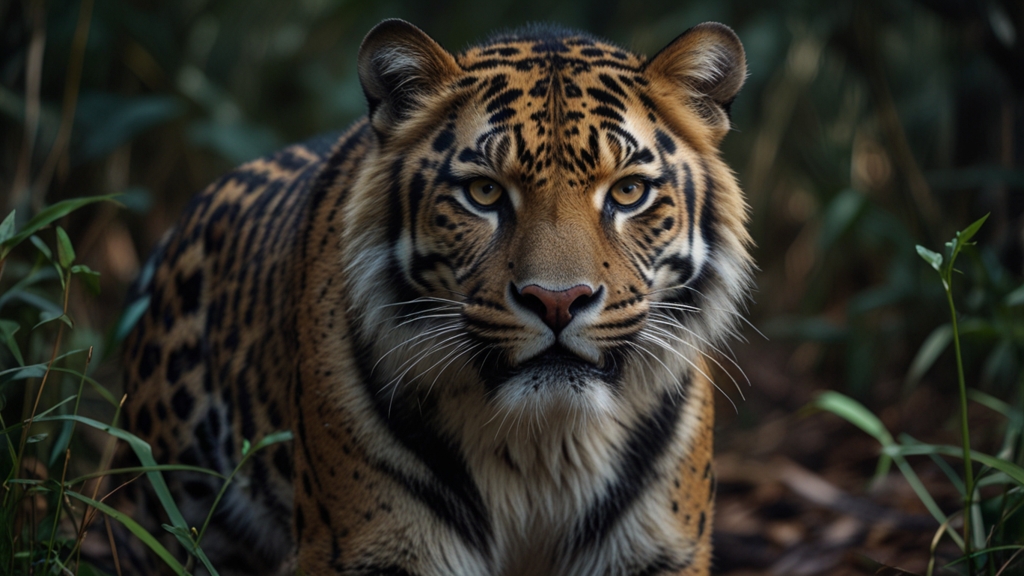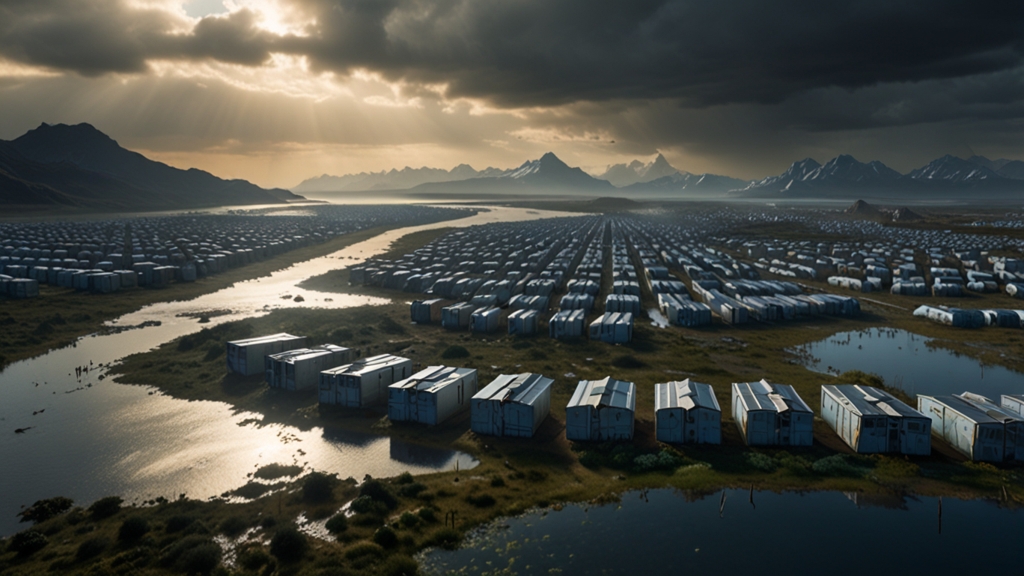Creation Stories That Challenge Our Understanding of Reality
All around the world, diverse cultures have handed down creation stories which frame the origins of the universe, life, and human existence. These narratives shape the worldview of societies and challenge our understanding of reality. Whether rooted in mythology, religion, or folklore, creation stories provide a profound insight into how we understand the cosmos and our place within it.
Mythical Foundations: Ancient Tales and their Significance
Ancient creation myths offer rich, symbolic narratives that stretch the boundaries of imagination and reality. For instance, the Hopi tribe, native to North America, believes the world has been created and destroyed multiple times. In their cosmology, we are currently living in the Fourth World. Each world was formed through the cosmic intervention of Taiowa, the Creator, through intricate layers of existence and rebirth.
Similarly, the Hindu creation story speaks of a continuously regenerating universe. According to this tradition, the universe cycles through vast periods of creation, preservation, and destruction, encapsulated in the concept of Brahma, Vishnu, and Shiva. Such ideas challenge modern scientific perceptions of a linear progression of time and suggest a reality that is ever-changing and eternal.
"This universe, with its boundless cycles, reveals the measured yet immeasurable steps of time, the eternal play of destruction and renewal." - Rigveda
Religious Narratives: The Influence of Monotheistic Beliefs
Monotheistic religions have also provided compelling creation stories that shape the metaphysical and ethical framework of reality. In Christianity, the Book of Genesis outlines a linear, step-by-step creation by an omnipotent God. This narrative offers a clear beginning and introduces the concept of a divine plan and purpose for creation.
In Islam, the Quran provides a detailed account of creation, emphasizing the omnipresence and omniscience of Allah. The intricacies of human life and the natural world are perceived as signs of Allah's grand design. This perspective fosters a view of reality that integrates deep religious faith with an appreciation for the complexity and order within the universe.
"Allah is the Creator of all things, and He is, over all things, Disposer of affairs." - Surah Zumar 39:62
Folklore and Indigenous Beliefs: Diverse Perspectives
Indigenous cultures provide unique creation stories that deeply connect humanity to the natural world. For example, the Australian Aboriginal Dreamtime narratives describe an era where ancestral spirits roamed the earth, shaping the landscape and intertwining their existence with all living things. These stories imbue the environment with sacred significance, suggesting that reality is a tapestry where humans, animals, and the land are intrinsically linked.
In contrast, the Maori of New Zealand recount the story of Rangi and Papa, the sky father and earth mother. Their separation by their children led to the creation of the world as they know it, portraying a universe born out of love and struggle. These narratives help us appreciate a worldview where emotional and relational elements are central to the fabric of reality.
"The very act of separating Rangi and Papa signifies the eternal union of love and the indelible mark of heritage that shapes our existence." - Maori Proverb
Modern Perspectives: Integrating Science and Myth
Today's scientific understanding of the universe, encapsulated in the Big Bang theory, is often seen as conflicting with traditional creation stories. However, there is a growing recognition that myth and science can complement each other. Myths offer metaphorical truths and ethical frameworks, while science provides empirical insights.
For example, the concept of a multiverse in physics resonates with the cyclical and multileveled universes found in many creation myths. Both challenge us to understand reality as more layered and complex than previously thought.
Conclusion
Creation stories from around the world compel us to expand our understanding of reality beyond the boundaries of empirical science. They invite reflection on the mysteries of existence, the origins of life, and the relational dynamics that shape our world. By exploring these diverse narratives, we contribute to a richer, more nuanced view of the universe and our place within it.






